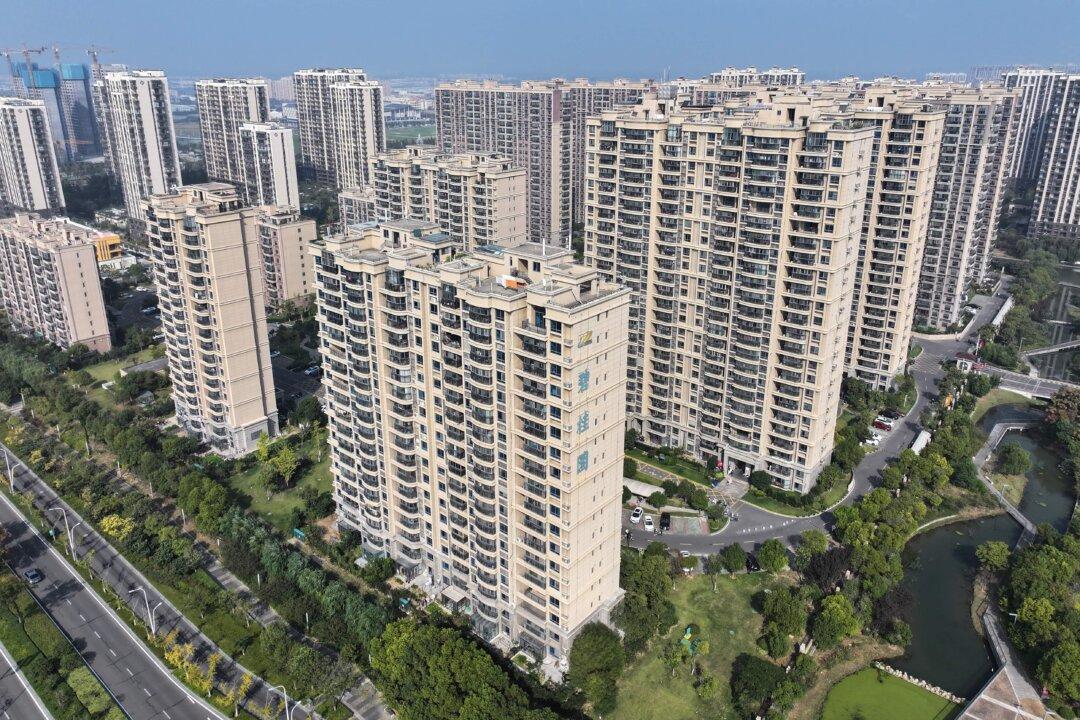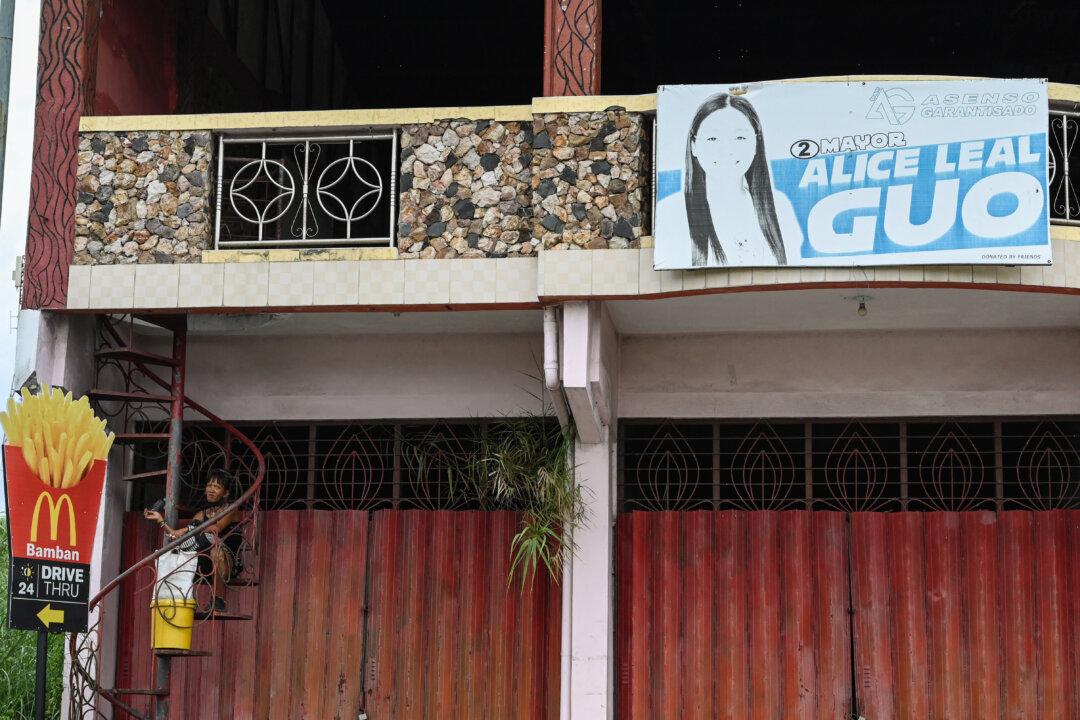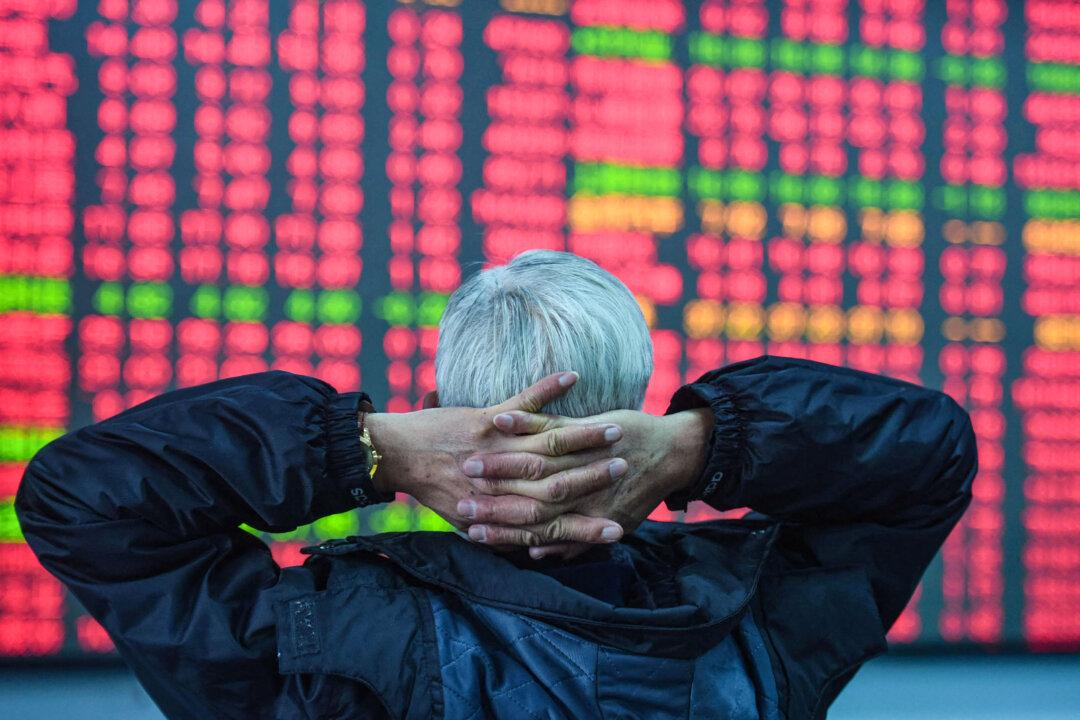The downturn in China’s real estate sector has affected luxury properties in major cities, according to recent reports.
Luxury residential real estate agencies in Beijing released a report last month on the capital city’s high-end property market, which saw the new property turnover rate falling 46 percent year-on-year and the average price down 8.7 percent year-on-year. There are 4,500 luxury apartment units to be sold, and the current turnover rate suggests it would take four years to sell all of them.





